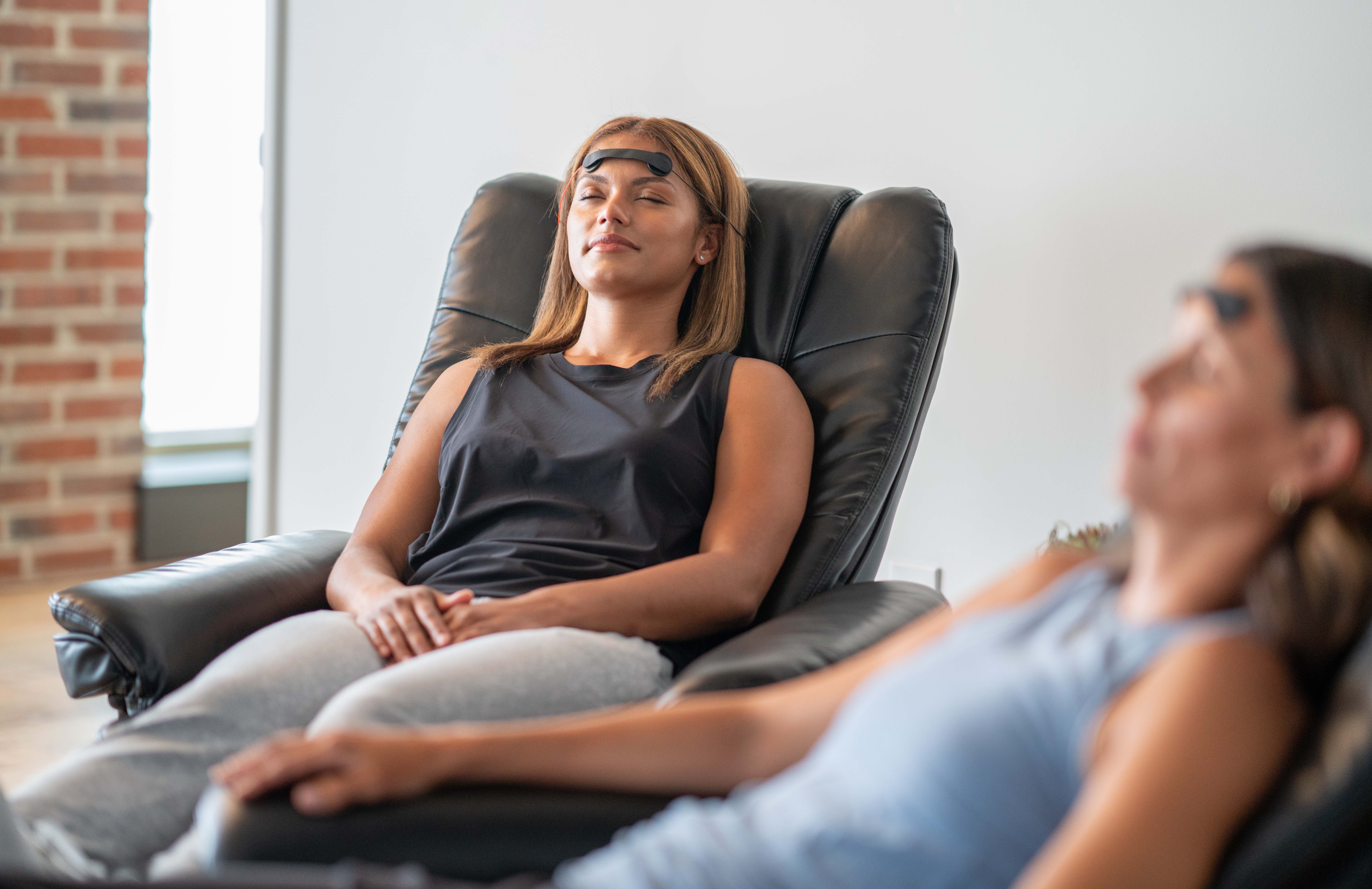The Power of Gratitude: How to Approach This Holiday Season with Joy
Adelaide2023-11-20T17:20:48-06:00With Thanksgiving around the corner and the rest of the holiday season not too far behind, gratitude seems an obvious topic to come to mind. You may think of gratitude as a simple gesture of expressing thanks. But really, gratitude blossoms far beyond this gesture, starting within and extending out to connect us with other humans and the world around us.










